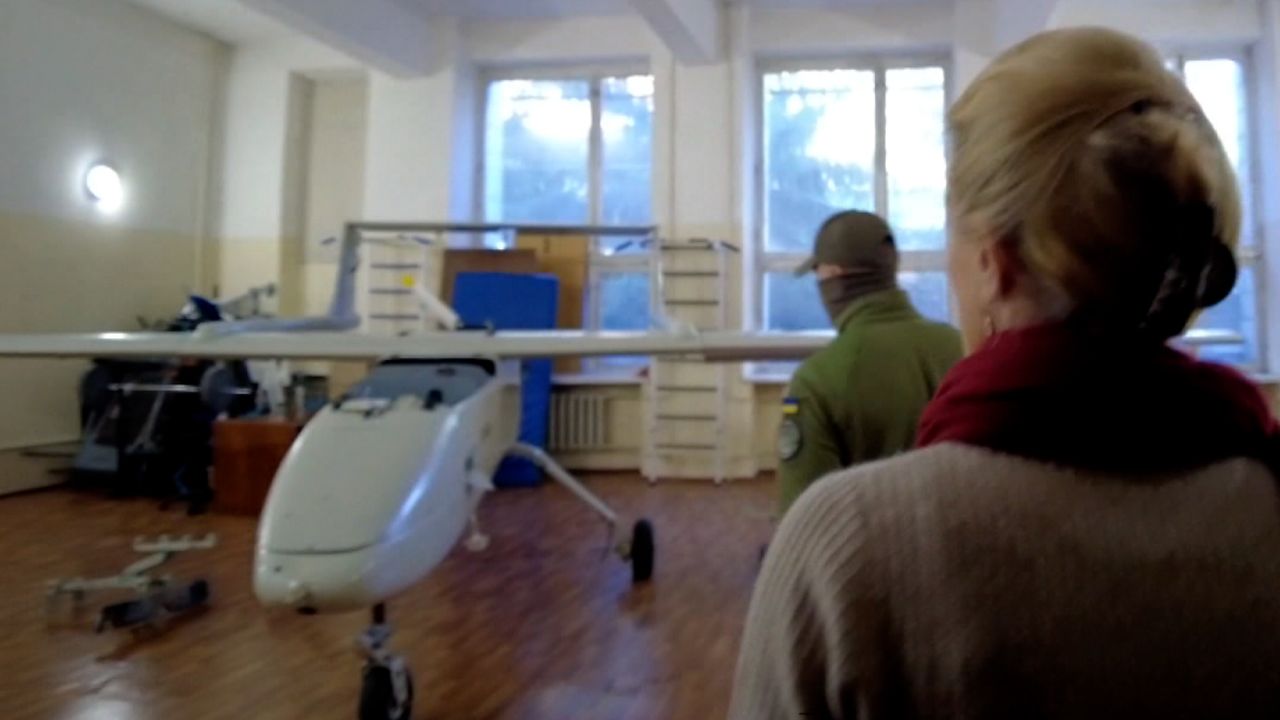The lawyers for WNBA player Brittney Griner have told CNN that the athlete’s birthday is a “difficult” occasion for her as she awaits her appeal hearing next week.
Griner, who turned 32 years old on Tuesday, spent the day “away from her family, from friends, from teammates” in her prison cell in Moscow’s suburbs, according to her lawyer Maria Blagovolina who spoke to CNN’s Matthew Chance on Tuesday.
Blagovolina and her colleague Alexander Boykov spoke of how they spent a few hours with Griner as part of an effort to “cheer her up as much” as they could, relaying birthday messages from “all over the world.”
Boykov said Griner is not doing any “better” or “worse” than her fellow inmates, adding that her “likable character” has helped with personnel in the prison. Blagovolina said the athlete is attempting to “do some exercises” every day despite the “limited” facilities available to her.
Her lawyers told CNN as Griner’s Oct. 25 appeal hearing draws closer, the athlete is feeling anxious and is “very much concerned with the outcome of the appeal.”
“Brittney can’t help thinking that if this [prisoner] swap doesn’t happen, she will have to spend the whole period of the sentence in Russia. So that’s why she is very much concerned with the outcome of the appeal,” Boykov said.
Griner’s anxiety ahead of the upcoming hearing stem from the fact the “legal process will be basically over after the appeal,” Boykov added, highlighting her concern that “if anything goes wrong, she will have to serve [her jail time] here in Russia.”
Both lawyers reiterated the extreme nature of Griner’s nine-year sentence, with Blagovolina calling it “very severe for this type of crime and this amount of this substance,” expressing her strong hope that the “turnover sentence will be reduced.”
When asked how much information the Russian legal team has about the negotiations between Russia and the US to secure her release, Blagovolina said: “We are in Russia….I would say we have very limited information about what is going on about the status of negotiations. What I can say is that as her lawyers we are doing as much as we can. So, we hope that the government does the same.”
She added that Griner is “informed” about what’s going on and “really” appreciated the fact that President Joe Biden met with her wife Cherelle in September.
“So, she knows what’s being done for her,” Blagovolina added.













